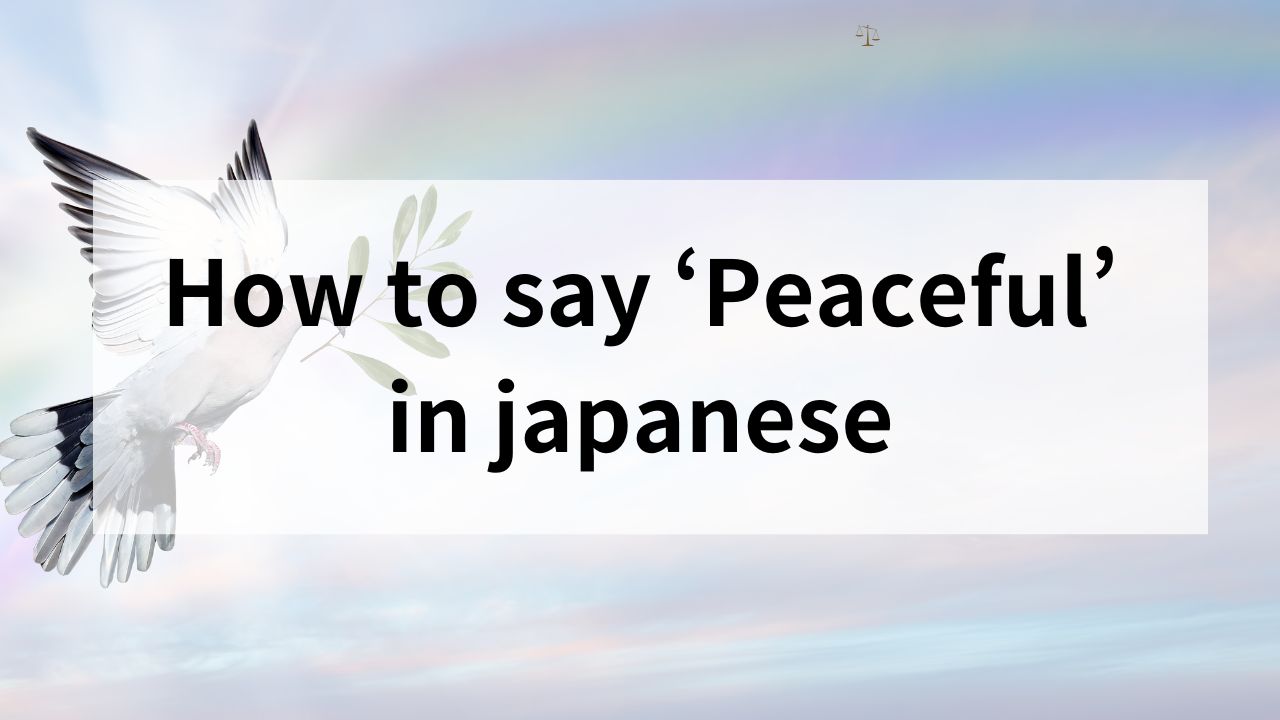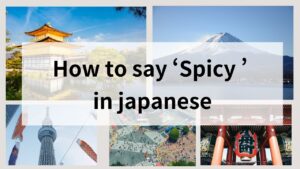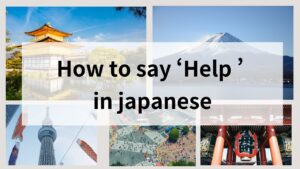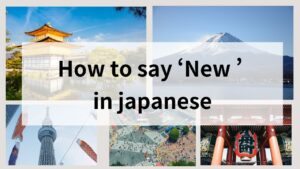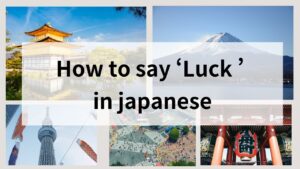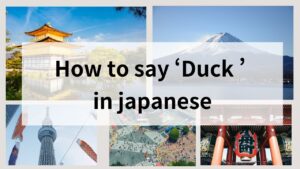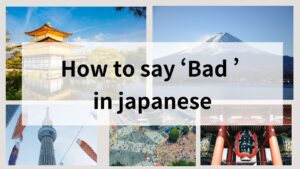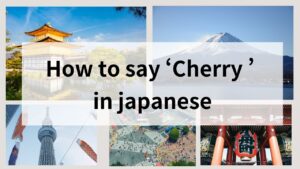Are you curious about how to say “peaceful” in Japanese? The word “peaceful” can have different meanings depending on the context, from describing a calm environment to expressing global peace or personal tranquility. In this guide, we’ll explore the various Japanese words for “peaceful,” their nuances, and practical ways to use them in different situations.
How Do You Say ‘Peaceful’ in Japanese?
The term “peaceful” can be translated into Japanese in several ways, depending on the context:
1. Heiwa (平和)

“Heiwa” (平和) refers to peace in a social or global sense. It is commonly used to describe the absence of conflict or the harmonious state of society or the world.
For example: – “Sekai ga heiwa de arimasu you ni” (世界が平和でありますように) means “May the world be peaceful.” – “Heiwa na sekai o mezashimashou” (平和な世界を目指しましょう) means “Let’s strive for a peaceful world.”
2. Odayaka (穏やか)

“Odayaka” (穏やか) describes a calm, gentle, or tranquil state, often used for environments, emotions, or personalities.
For example: – “Odayaka na umi ga hirogatte iru” (穏やかな海が広がっている) means “A peaceful sea stretches out.” – “Kare wa odayaka na seikaku desu” (彼は穏やかな性格です) means “He has a calm personality.”
3. Shizuka (静か)
“Shizuka” (静か) is used to describe quiet or tranquil places or situations. It can also imply a sense of peace derived from stillness.
For example: – “Kono basho wa totemo shizuka desu” (この場所はとても静かです) means “This place is very peaceful.” – “Shizuka ni sugoshitai” (静かに過ごしたい) means “I want to spend time peacefully.”
4. Heion (平穏)
“Heion” (平穏) refers to a stable and peaceful state, often used to describe daily life or personal well-being.
For example: – “Heion na hibi ga tsuzuite iru” (平穏な日々が続いている) means “Peaceful days are continuing.” – “Heion o tamotsu koto ga taisetsu desu” (平穏を保つことが大切です) means “It’s important to maintain peace.”
5. Yasuraka (安らか)
“Yasuraka” (安らか) emphasizes emotional tranquility or peacefulness, often used in formal or poetic contexts.
For example: – “Yasuraka na nemuri ni tsuku” (安らかな眠りに就く) means “To fall into a peaceful sleep.” – “Yasuraka ni kurashitai” (安らかに暮らしたい) means “I want to live peacefully.”
Practical Applications and Usage
Understanding the different nuances of “peaceful” in Japanese allows you to express yourself clearly in various situations. Here are practical examples:
Talking About Global Peace
You can say, “Heiwa ga hitsuyou desu” (平和が必要です), meaning “Peace is necessary.”
Describing a Calm Environment
If you’re enjoying a tranquil place, you can say, “Shizuka na basho ga suki desu” (静かな場所が好きです), meaning “I like peaceful places.”
Expressing Personal Peace
To describe inner peace, you can say, “Kokoro ga yasuraka desu” (心が安らかです), meaning “My heart feels peaceful.”
FAQs
Here are some common questions about “peaceful” in Japanese:
What’s the difference between “Heiwa” and “Heion”?
“Heiwa” refers to peace in a societal or global sense, while “Heion” describes personal or daily tranquility.
Can “Odayaka” describe a person?
Yes, “odayaka” can describe someone with a calm and gentle personality.
How do you say “rest in peace” in Japanese?
You can say, “Yasuraka ni nemutte kudasai” (安らかに眠ってください), meaning “Please rest in peace.”
Conclusion
Learning how to say “peaceful” in Japanese and understanding its various nuances can enrich your conversations and cultural awareness. Whether discussing global peace, describing a serene environment, or expressing inner tranquility, these expressions will help you communicate effectively and meaningfully.
